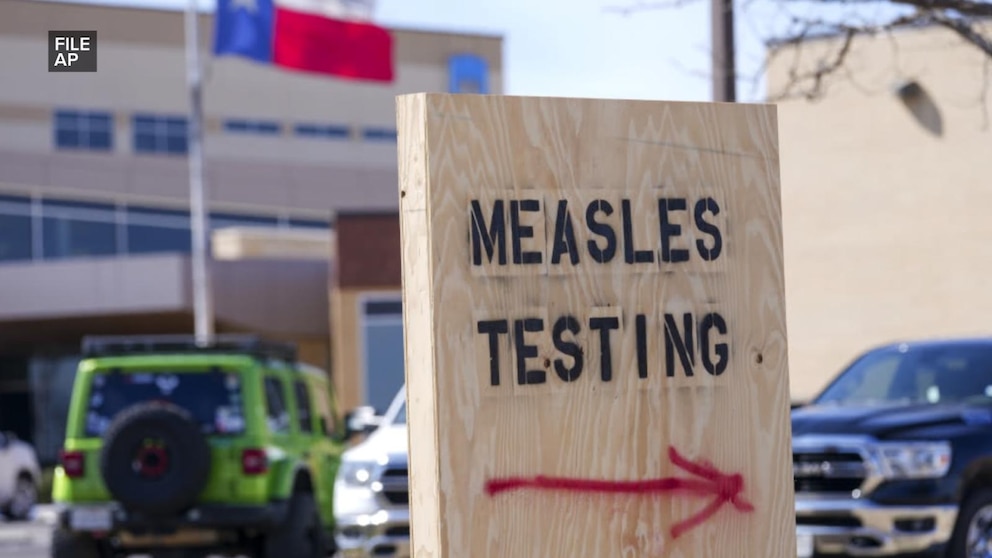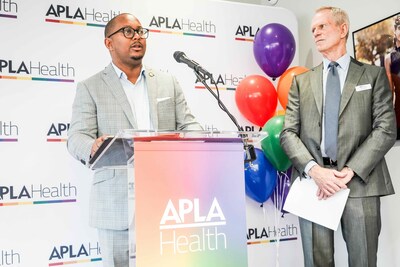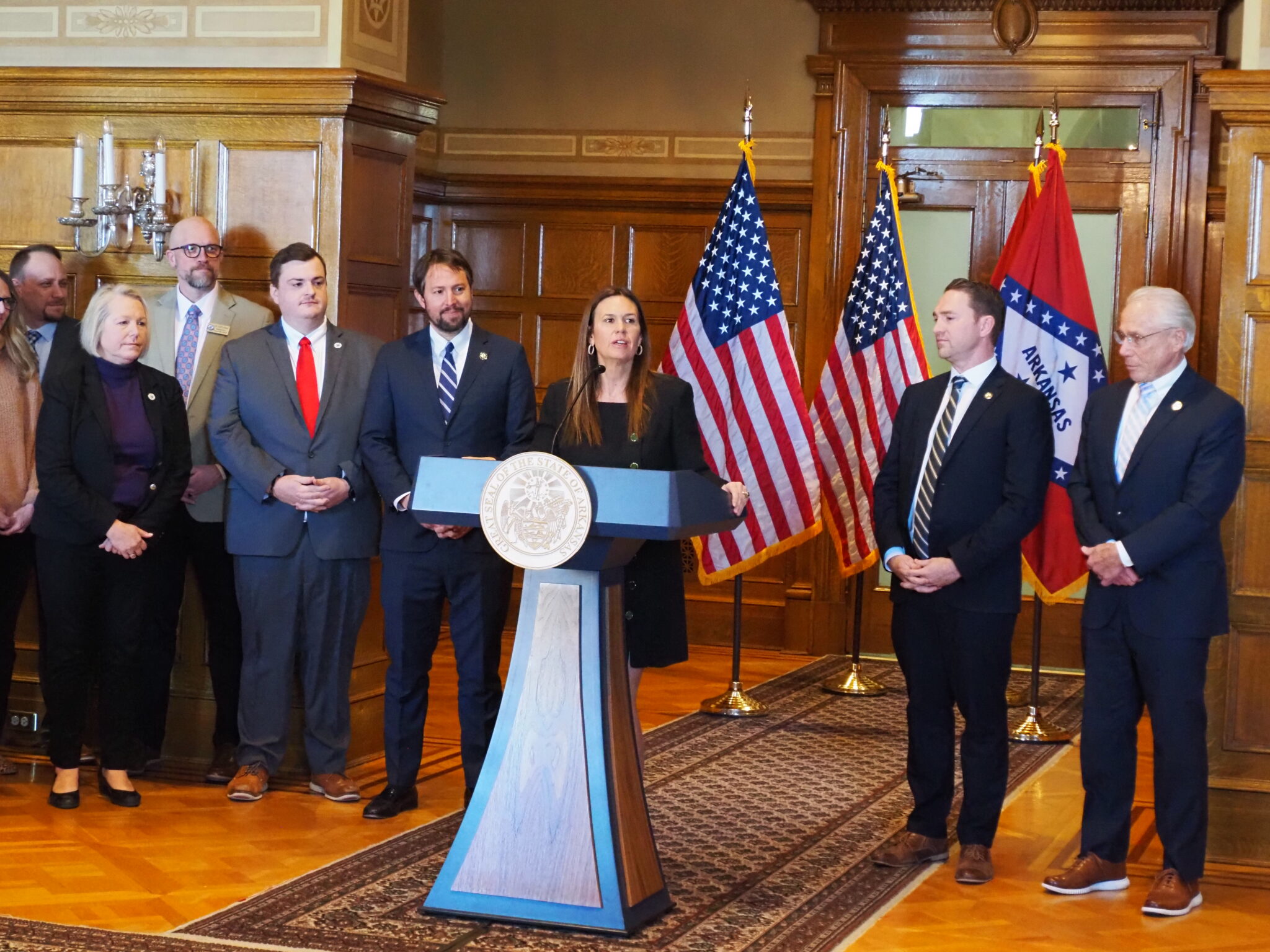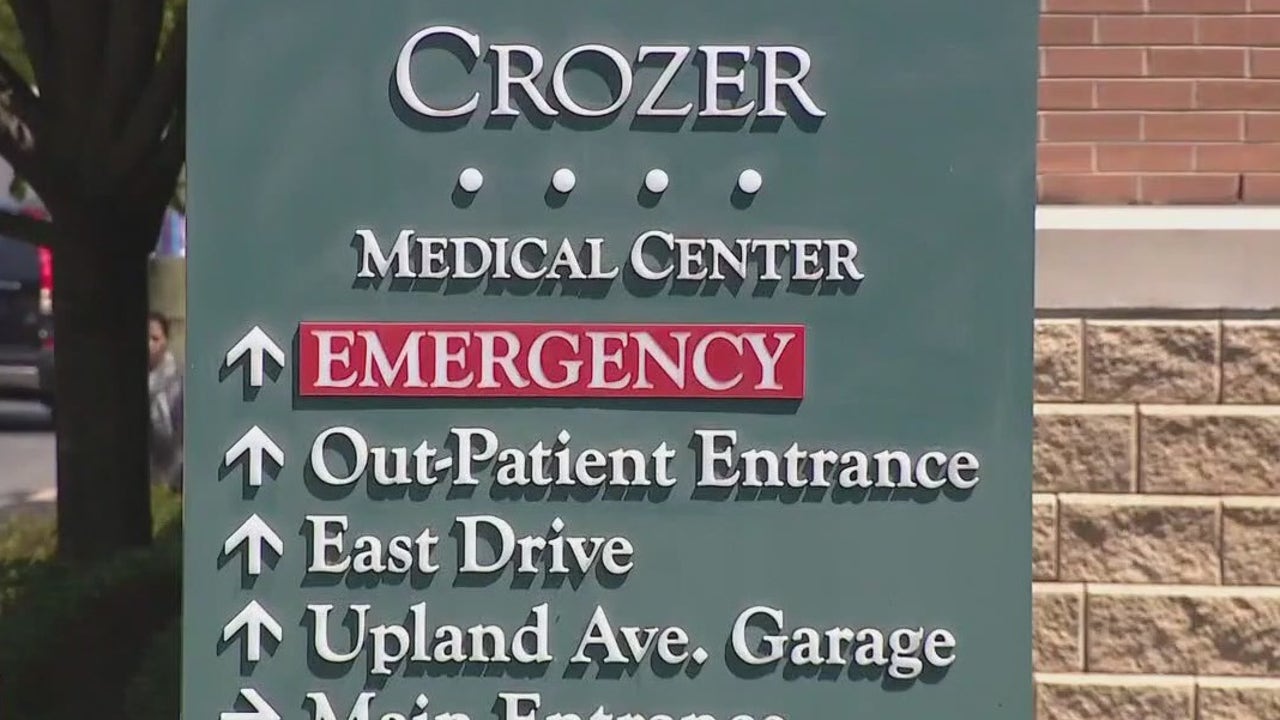Vaccine Vulnerability: How CDC Budget Cuts Are Leaving Georgia's Public Health Exposed
Health
2025-04-27 00:08:42Content
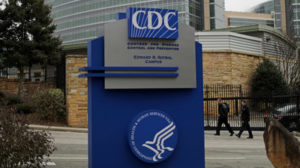
Vital vaccine access programs for Black Georgians and underserved communities are facing significant challenges as the Georgia Department of Public Health grapples with a massive $334.2 million funding cut from the Centers for Disease Control and Prevention (CDC). This substantial financial setback threatens to disrupt critical healthcare outreach efforts that have been instrumental in providing life-saving immunizations to vulnerable populations across the state.
Community health organizations that have worked tirelessly to bridge healthcare disparities are now confronting potential service reductions and operational constraints. The dramatic funding loss could potentially undermine years of progress in improving vaccine accessibility and health equity for marginalized communities, particularly in rural and predominantly Black neighborhoods that have historically struggled with healthcare access.
The impact of this funding reduction extends beyond mere numbers, potentially compromising public health infrastructure and the ability to respond effectively to future health challenges. Local health advocates are expressing deep concern about the potential long-term consequences of this significant financial blow to public health initiatives.
Vaccine Access Crisis: How Budget Cuts Threaten Public Health in Georgia
In the complex landscape of public health, Georgia finds itself at a critical crossroads where financial constraints are threatening to undermine critical vaccination efforts, particularly for marginalized and underserved communities. The recent substantial budget reduction from the Centers for Disease Control and Prevention poses unprecedented challenges for healthcare accessibility and equity.Urgent Public Health Challenge Demands Immediate Intervention
The Financial Landscape of Vaccine Distribution
The Georgia Department of Public Health is confronting a monumental fiscal challenge following a staggering $334.2 million reduction in funding. This dramatic financial setback represents more than just a numerical figure; it symbolizes a potential systemic breakdown in healthcare infrastructure that could disproportionately impact vulnerable populations. Historically, community health organizations have played a pivotal role in bridging healthcare disparities. These grassroots networks have been instrumental in reaching populations that traditional healthcare systems often overlook, particularly Black communities and socioeconomically disadvantaged regions. The sudden funding reduction threatens to dismantle years of carefully constructed outreach mechanisms.Systemic Inequities in Healthcare Access
The funding cut exposes deeper structural inequities within Georgia's public health framework. Black communities, which have consistently experienced healthcare marginalization, stand to suffer most acutely from these budgetary constraints. The reduction doesn't merely represent a financial challenge but signals a potential regression in hard-won progress toward healthcare equity. Research consistently demonstrates that targeted vaccination programs are crucial for community health resilience. By undermining these targeted efforts, the funding reduction could create long-term public health vulnerabilities that extend far beyond immediate vaccination rates.Community Resilience and Adaptive Strategies
Despite the challenging landscape, community health organizations are demonstrating remarkable adaptability. Local leaders and healthcare professionals are exploring innovative funding models, seeking alternative resources, and developing strategic partnerships to mitigate the potential impact of these budget cuts. Collaborative approaches involving local governments, philanthropic organizations, and community stakeholders are emerging as potential lifelines. These multi-stakeholder strategies aim to create sustainable healthcare access models that can withstand significant financial pressures.Technological Innovations in Vaccine Distribution
Emerging technological solutions offer promising alternatives to traditional distribution models. Mobile vaccination units, telemedicine platforms, and data-driven outreach strategies are being developed to maximize limited resources and ensure comprehensive community coverage. Advanced digital platforms can help optimize resource allocation, track vaccination progress, and identify high-risk populations more efficiently. These technological interventions represent a critical component of adaptive public health strategies in an era of constrained financial resources.Policy Implications and Future Outlook
The current funding crisis necessitates comprehensive policy reevaluation. Policymakers must recognize that public health funding is not merely an expenditure but a critical investment in community well-being. The long-term economic and social costs of reduced vaccination access far outweigh short-term budget savings. Advocacy efforts are intensifying, with community organizations mobilizing to highlight the potential devastating consequences of these funding reductions. Public awareness campaigns and strategic lobbying are becoming increasingly crucial in reshaping the narrative around public health funding.RELATED NEWS
Health
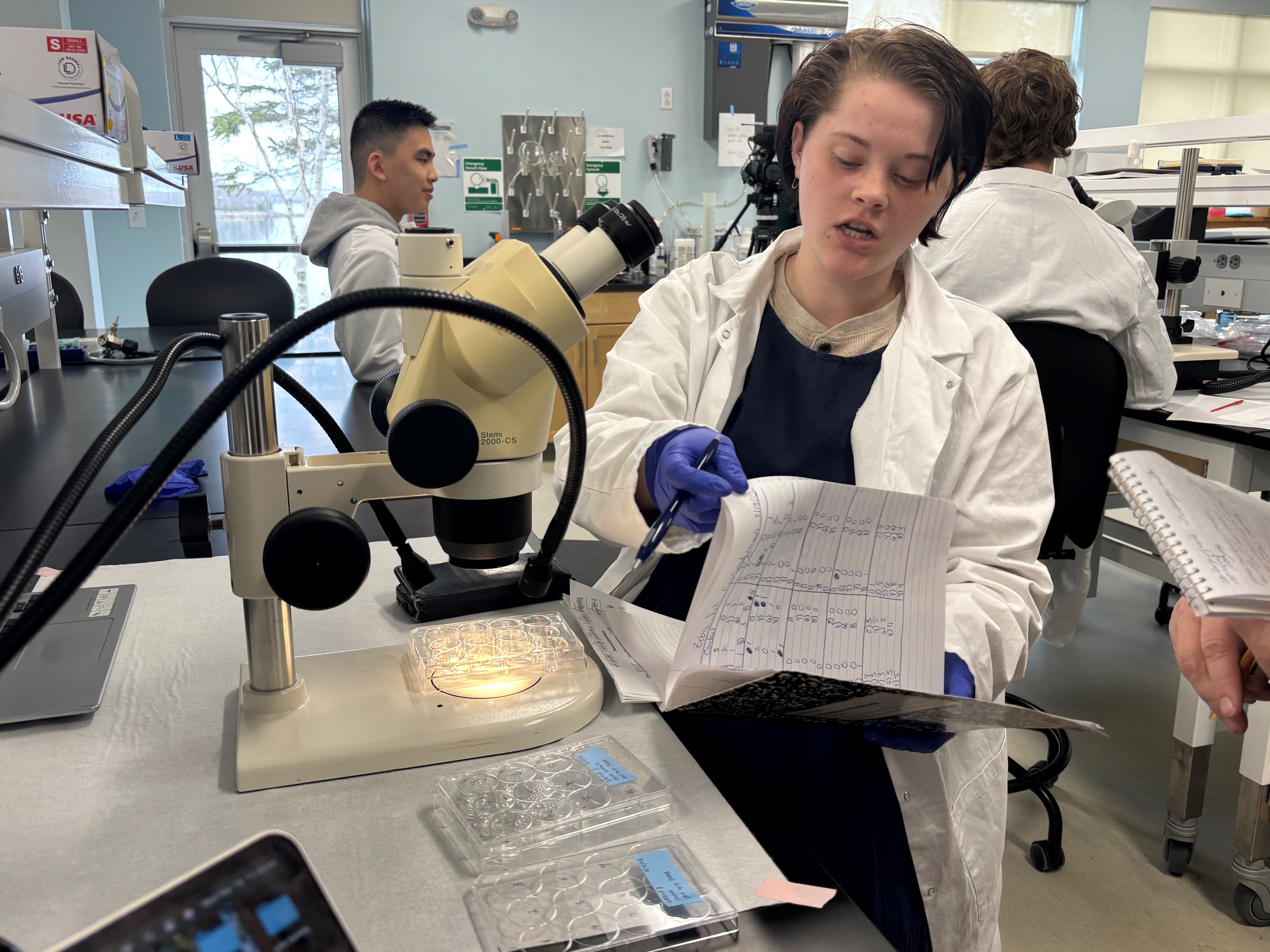
Toxic Threat: Young Researchers Uncover the Hidden Health Risks of Forever Chemicals
2025-03-21 08:00:49
Health

Rising Stars Shine: Young Talents Showcase Mental Health Resilience in Meridian Spectacular
2025-04-27 21:50:17
Health
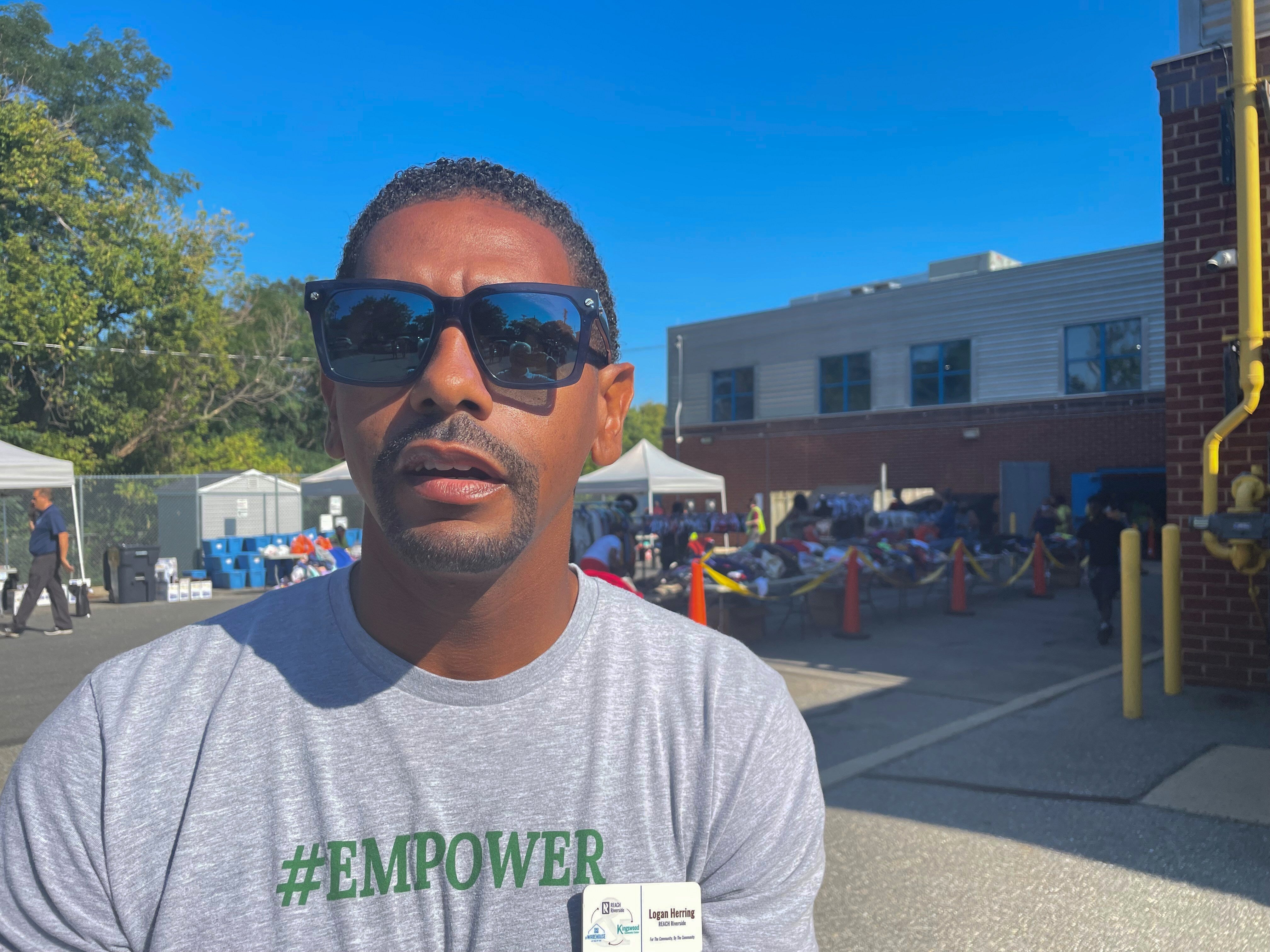
Hope Rises: New Pediatric Center Set to Breathe Life into Struggling Wilmington Community
2025-04-04 13:30:52


